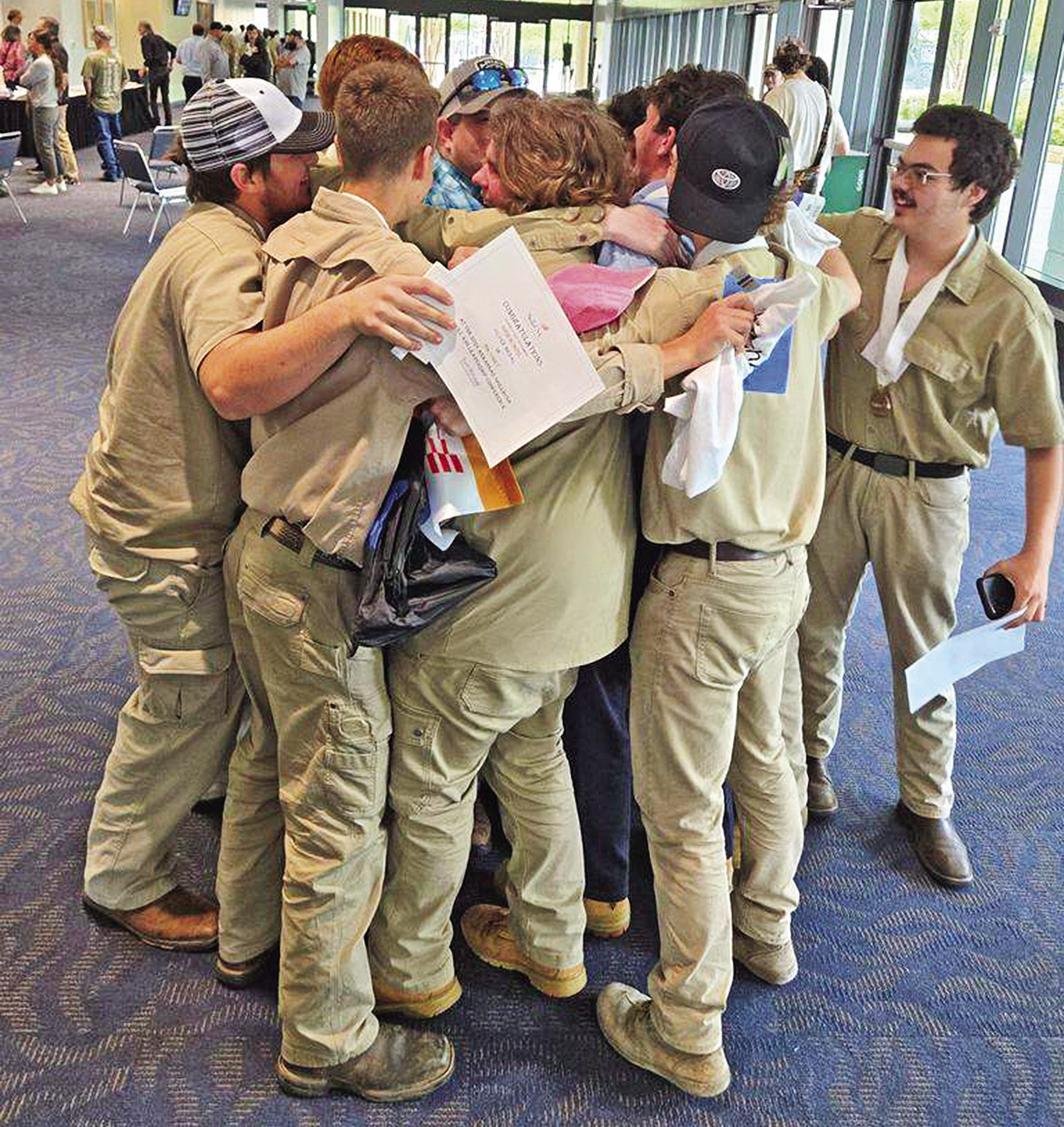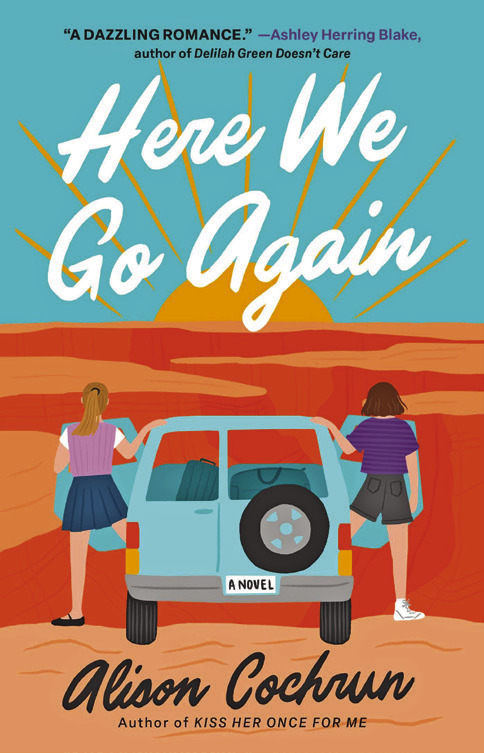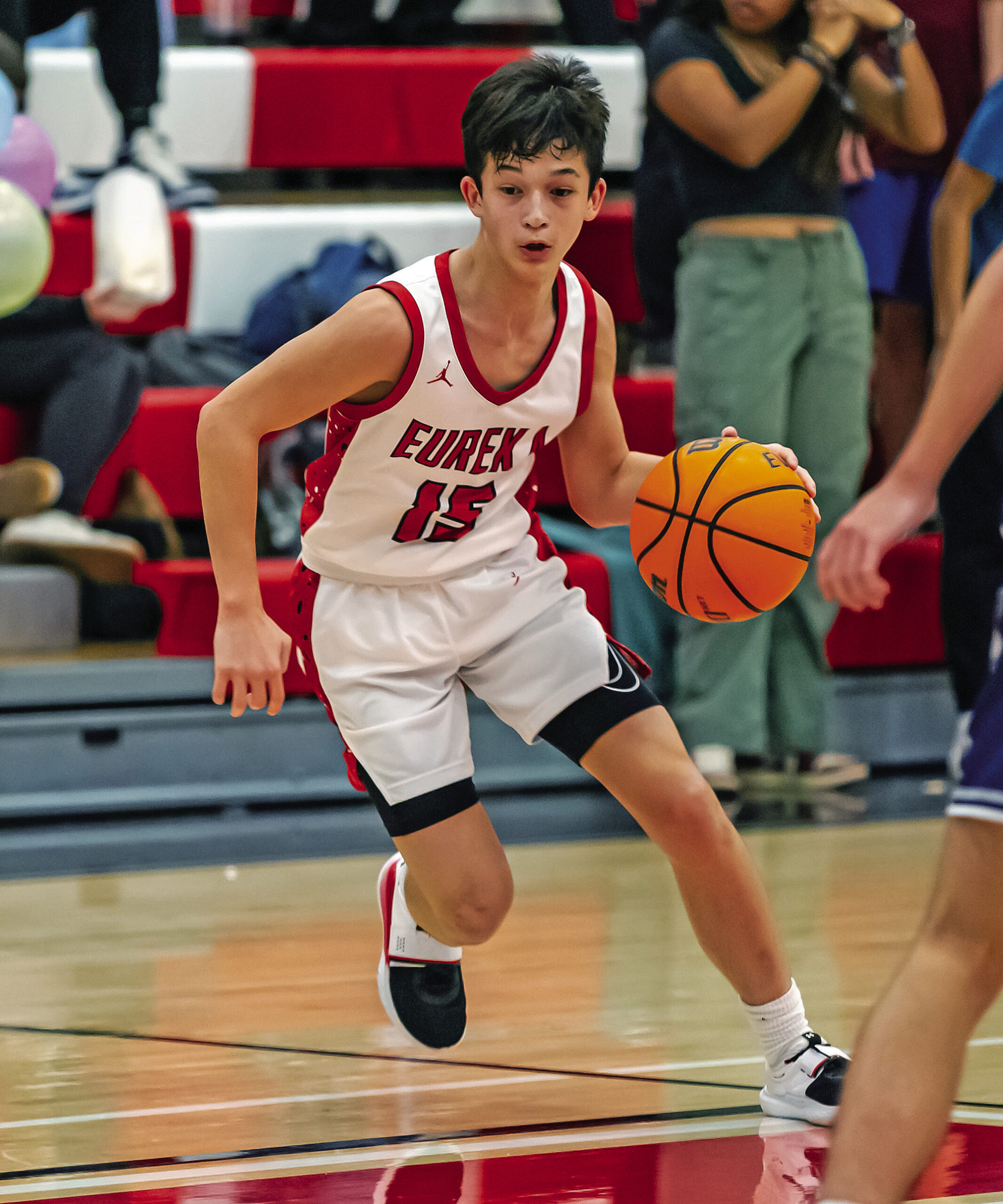News

Skills USA State Competition
Winning 11 medals
Features

Book Review: “Here We Go Again”
Can you do me a solid? Just one little favor, a quick errand. It won’t take long.
Sports

Back in Action
Eureka Springs sophomore guard Kenner Leavell
Police
Dispatch Desk — Eureka Springs P
olice April 2 ■ 10:49 p.m. — Officers responded to assist the sheriff’s office with a fight resulting in injuries outside of city limits.
